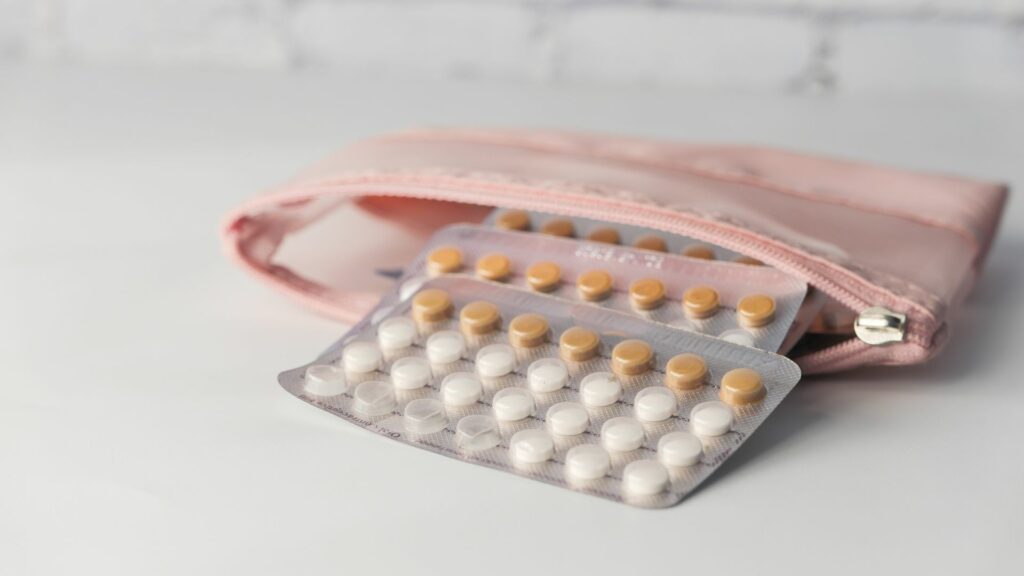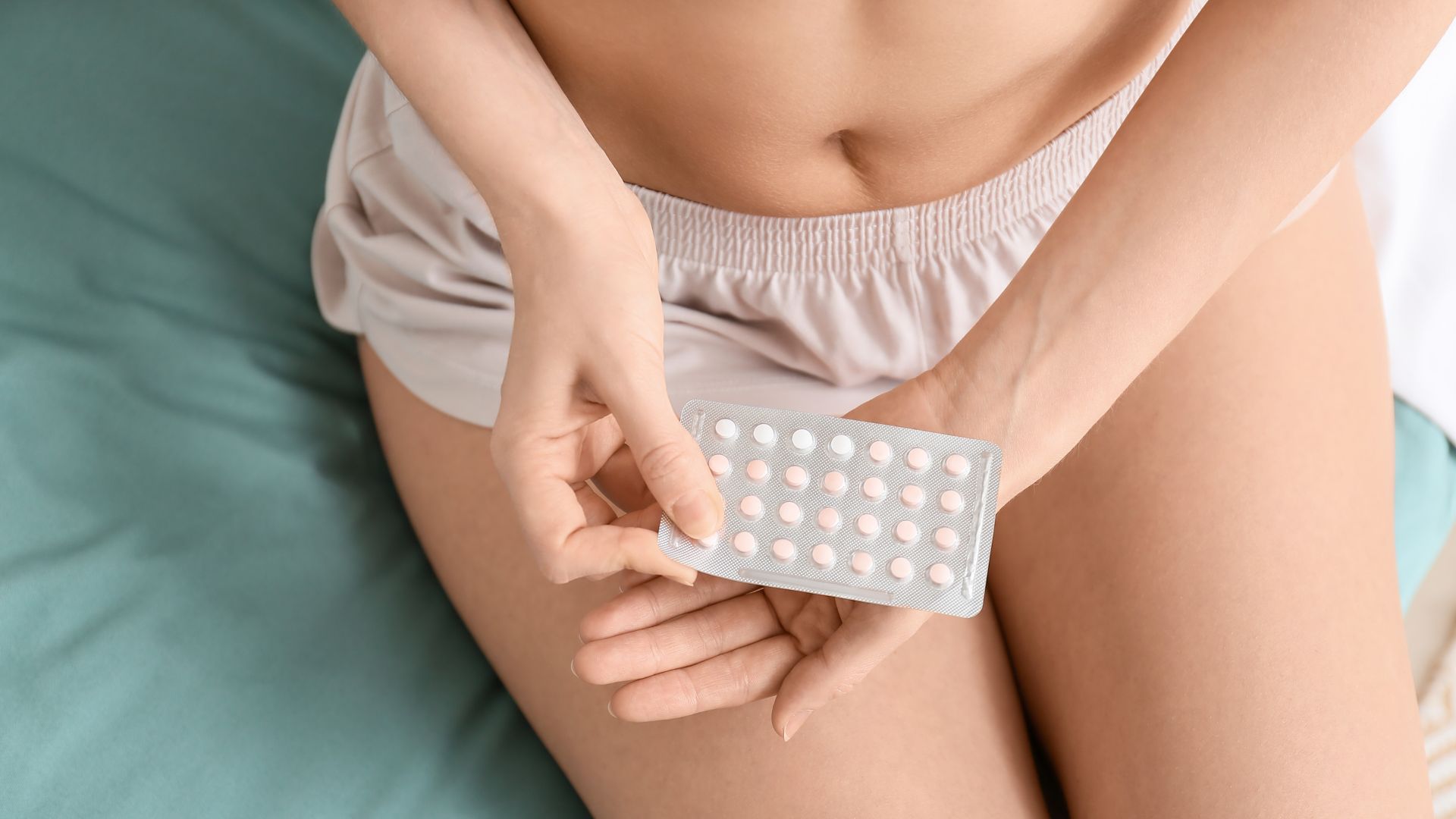If you’re reading this, you are likely one of the many people who are taking a closer look at their health and how their daily living impacts their experience with HPV. Well, I’m glad you’re here and I am even more glad that you are taking a proactive approach to your healthcare. This truly is the first step to healing.
Okay, so one of the most frequent questions I answer in the direct messages on Papillex’s instagram is “how does birth control impact HPV?” Well, the good news is, I did the research for you.
Let’s start with a brief background on how the pill works
To really grasp the connection between birth control and HPV, let’s first explore the mechanisms behind contraceptive methods. From oral contraceptives to patches, injections and IUD’s, these methods primarily work by altering our natural hormonal levels, affecting the menstrual cycle and ovulation and therefore preventing pregnancy. But in today’s day and age, many women take/use methods of birth control to suppress hormonal conditions like acne, hair loss, hair growth and irregular or painful periods.
Because of this, A LOT of women are on the pill (or some version of it). With the high prevalence of HPV and the extensive use of contraceptives, it is crucial we understand how one affects the other, namely – how birth control impacts HPV.

How birth control impacts HPV
Recent studies have explored the potential link between hormonal contraceptives and the persistence of HPV infections. While research is ongoing, there is evidence to suggest that hormonal contraceptives might influence the likelihood of HPV infections lingering in the body.
How can this be?
The interplay between hormonal contraceptives and HPV may be rooted in hormonal changes that affect the immune system. Understanding these mechanisms is crucial, as the immune system plays a pivotal role in combating and clearing HPV infections.
Studies have found that the long term use (i’m talking 10+ years) of oral contraceptives has a four-fold increased risk of developing cervical cancer. A study of over 46,000 individuals found that those who used OCP’s had a significant;y higher rate of cervical cancer and abnormal cervical cell growth than non-users. The research also suggests that the risk decreases after stopping the pill.
Considerations for Women Using Birth Control
Address nutrient deficiencies
Nutrient deficiencies are a real concern for those on OCP’s. The pill can deplete essential nutrients like riboflavin, B6, folic acid, vitamin C, and zinc. We know these nutrients are important players in supporting the immune system and some deficiencies in these nutrients have even been linked to persistent HPV.
Address gut health
Moreover the OCP is known to alter the gut microbiome. The pill may increase risk for intestinal permeability, dysbiosis and candida overgrowth. A healthy gut is another foundation for our immune and overall health, impairing this system can have a widespread impact on the rest of the body.
Keep up with your regular screenings
For women using hormonal contraceptives, it’s essential to prioritize regular health check-ups. This includes screenings for HPV, ensuring that any potential infection is detected and addressed promptly. Open communication with healthcare providers is key, allowing for informed decisions regarding both birth control methods and overall reproductive health.
Try other methods of birth control that are non-hormonal
This may not be suitable for everyone and that is totally okay. If possible, condoms are a favorable form of birth control when it comes to protecting against both pregnancy and STI’s. Condoms form a barrier between mucosal contacts and are found to be 98% effective at protecting against STI’s like chlamydia and gonorrhea. However, because skin to skin contact can occur with condom use, they are less effective at preventing the spread of herpes, genital warts and HPV. Nevertheless, condom use is still warranted and recommended as there is still a reduction in risk of spread compared to no condom-use.
The IUD is another potential option. The hormonal IUD delivers a small amount of progestin to the local uterine tissue. Some individuals notice side effects such as mood changes, bloating, cramping and reduced menses. There is however a non-hormonal IUD option, the copper IUD. This prevents pregnancy by releasing copper in the uterus that is toxic to sperm. The copper IUD does not suppress ovulation and the most common side effect is heavier menstrual bleeds. The benefit is that the copper IUD has no hormonal impact, and therefore does not impact clearance of HPV.

Overall, we are still mostly unclear on how the IUD impacts cervical dysplasia. Please also keep in mind that the iUD does not protect against STI’s.
In navigating the complexities of reproductive health, awareness is our strongest ally. By understanding the potential interplay between birth control and HPV, you can make an informed decision about your contraceptive methods and overall health. Regular screenings and open communication with healthcare professionals are vital steps toward maintaining a healthy and informed reproductive life.





